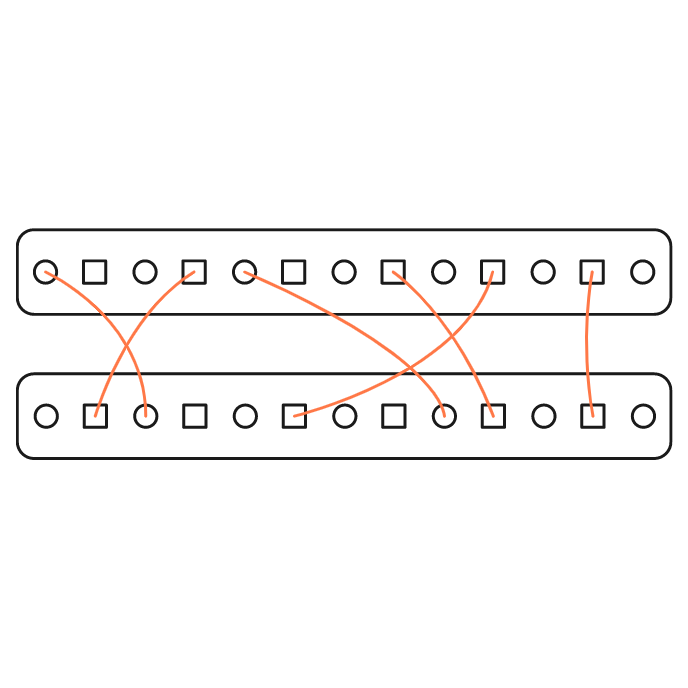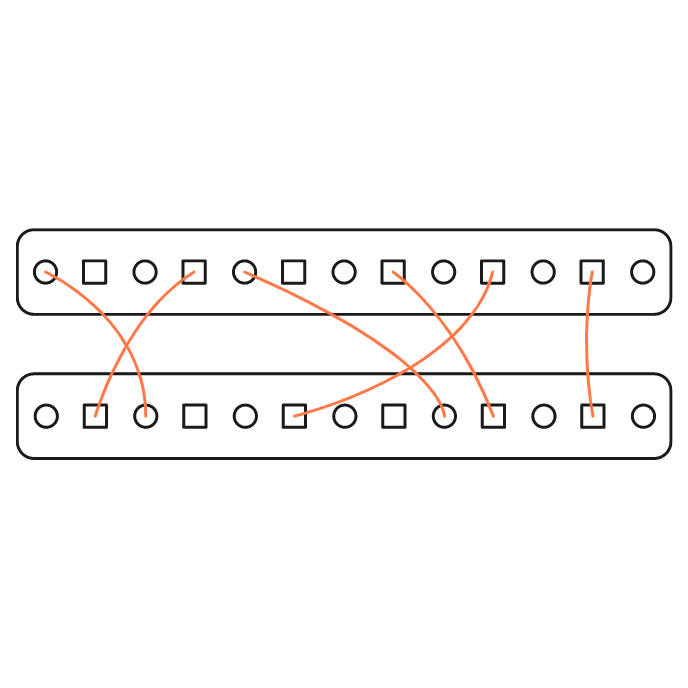Welcoming Mess and Confusion
I've been a digital reader for years—so why do I find myself compelled to reach for physical books that I don't own?

I read almost exclusively on my Kindle. My highlights are synced across each instance of the Kindle app on my devices, as well as on Readwise. This is fantastic for reviewing and stringing together ideas that caught my attention. While, like any bibliophile, I appreciate the tactile experience of turning a page or making notes in the margins, I don’t generally long for physical books.
Last year, as I was writing my book, I recognized a peculiar compulsion. I would write and write until I got to a point where I needed to check a reference or grab a quote. Then, without fail, I activated some deep muscle memory and reached for the book I wanted. Not my Kindle. Not the tab in my browser that held my archive of highlights. The physical book—which, nine times out of ten, I did not own and had never cracked open. I longed for—craved—the thought-to-finger connection that comes from paging through a book.
I don’t believe that a physical book is somehow superior to an ebook or that my experience of a text is less-than if I read and annotate it digitally. But I do think this compulsion means something; I pined for the mess.
In this weekend’s episode of the new podcast Ordinary Unhappiness, co-host Patrick Blanchfield describes reading T.S. Eliot’s “The Waste Land” while he was in high school. He wasn’t only reading the Eliot, though. He recalls having other books open beside him while he was reading to chase down references and expand his experience of the poem. He characterizes the experience as encountering “thickets of dense texts producing meaning that could send you on these kinds of tangents.”
That description immediately sent me back to a sense memory—one that seems to be finding its way into my thinking on a regular basis lately. It’s not a specific instance, more of a regular routine. Again, muscle memory. I’m in college. It’s my senior year. I’m in that final manic push that comes, for me, right before a period of intense burnout. I spend copious amounts of time in the library, sitting in a study carrel or spread out across one of the rarely used tables. I’m not there to study. I think I was there to write. But in retrospect, I believe I was there to immerse myself in the mess of curiosity—psychically, physically, and productively.
And it’s that mess that I grasped for while I wrote my book.
This morning, writer Alicia Kennedy describes “mess” as her approach to “nearly everything.” She clarifies that she’s not talking about an accidental, unproductive mess, but instead:
“I mean starting from a place of curiosity, of unknowing, on one subject and following all the places it leads. I mean not trying to organize an approach from above, but leading with intuition toward any route that opens up and not worrying about what happens in the interim.”
Yes. That. That is my process, too. It is my state of bliss.
Kennedy’s words reminded me of a piece I read over the weekend on confusion and its role in learning. Researcher Juliette Vazard writes:
“...confusion can act as a driver of success in complex learning tasks. Complex learning tasks require learners to do things like generate inferences, diagnose and solve problems, produce explanations, and demonstrate application and transfer of acquired knowledge.”
Confusion leads to mess, which can lead to clarity. Clarity of question. Clarity of structure. Clarity of argument. My job is to welcome confusion, follow its seeming contradictions, and create the mess that allows me to start making sense of something beyond my current “cognitive limits.”
The world today is profoundly confusing. Unfortunately, the accumulation of confusion renders most of us too tired to use that confusion. Our precarity and instability—both individually and collectively—make it difficult to exist in mess. We end up drawn to people and programs that tell us, with varying degrees of rigor, what to think or who to blame. We look for formulas and blueprints rather than taking action toward sensemaking. And the market drives us to produce those same narcotic solutions.
I’m desperate to get back to my mess. I still grope for its embrace.
Caught My Eye
Two books—Breaking Things at Work by Gavin Mueller and Disobey by Frederic Gros, both available from Verso.
Coincidentally (or not), Verso offers a complementary ebook version when you buy a paperback or hardcover from them. I understand why they do and others don’t… but I wish this was standard practice!
The Uncertain Hour’s current season is all about the welfare-industrial complex. I had a better than average understanding of how it all works going in, but I’ve been shocked at how much worse it is than I realized.






